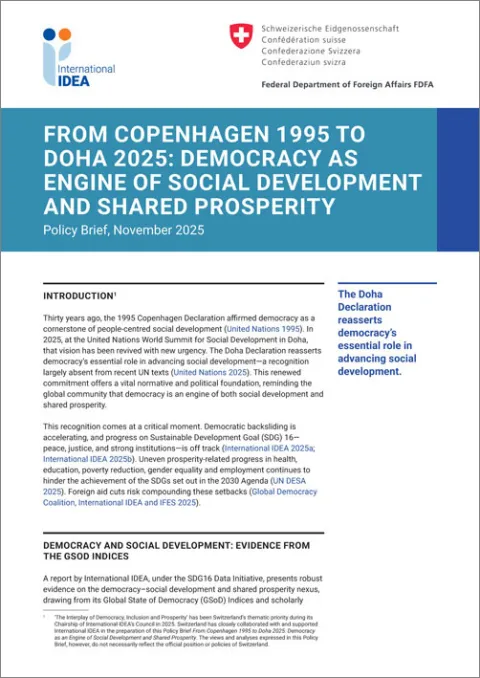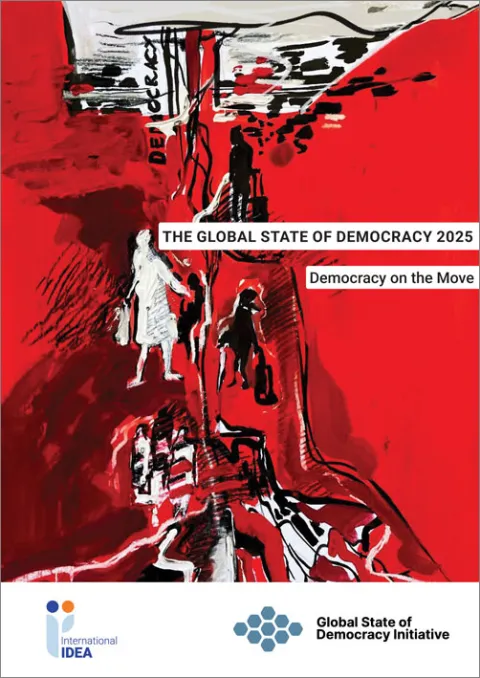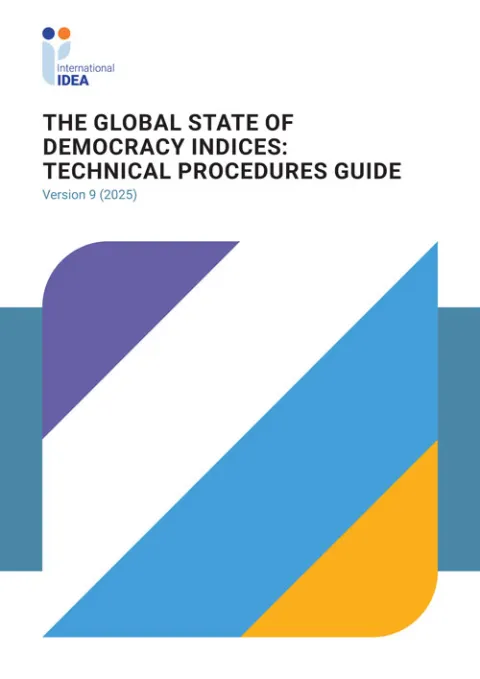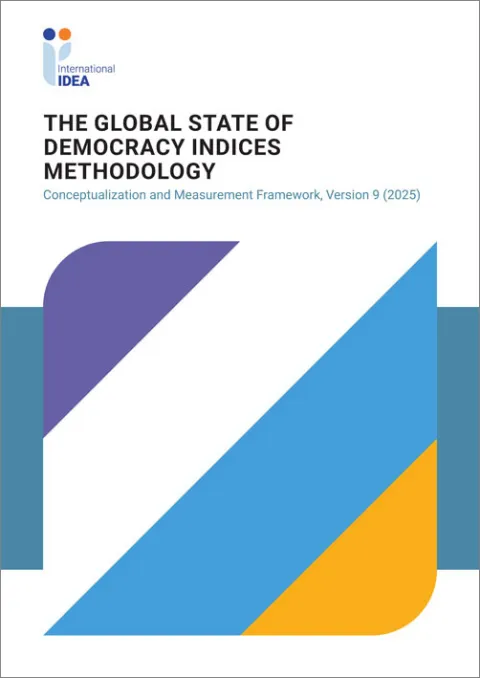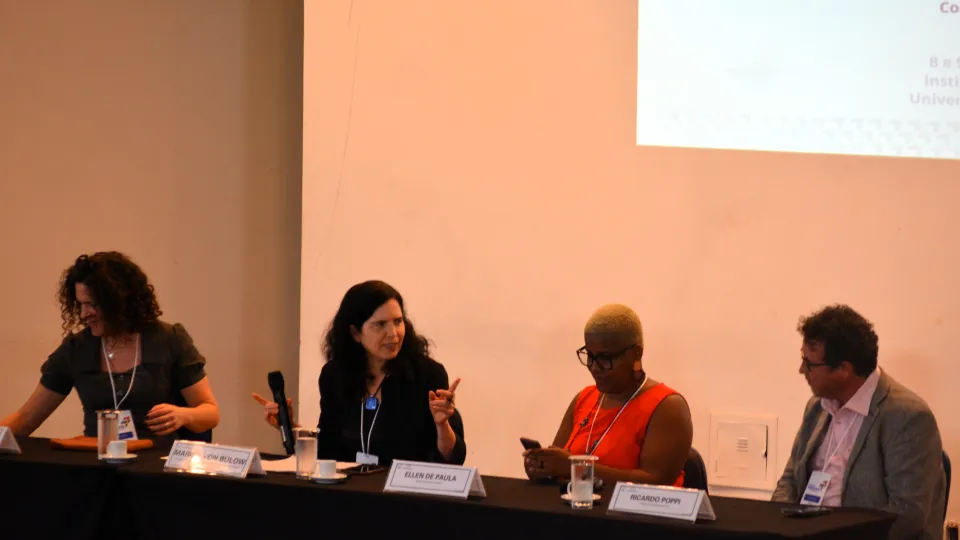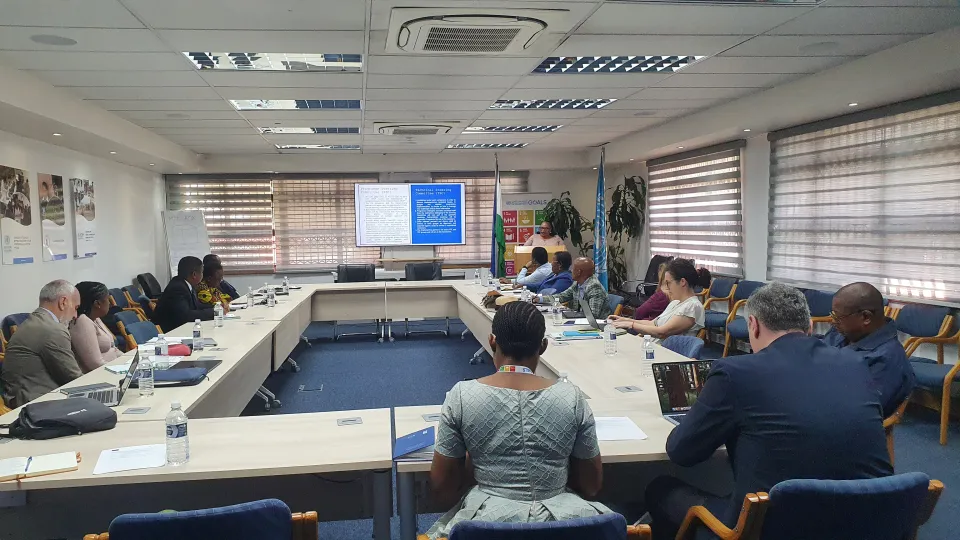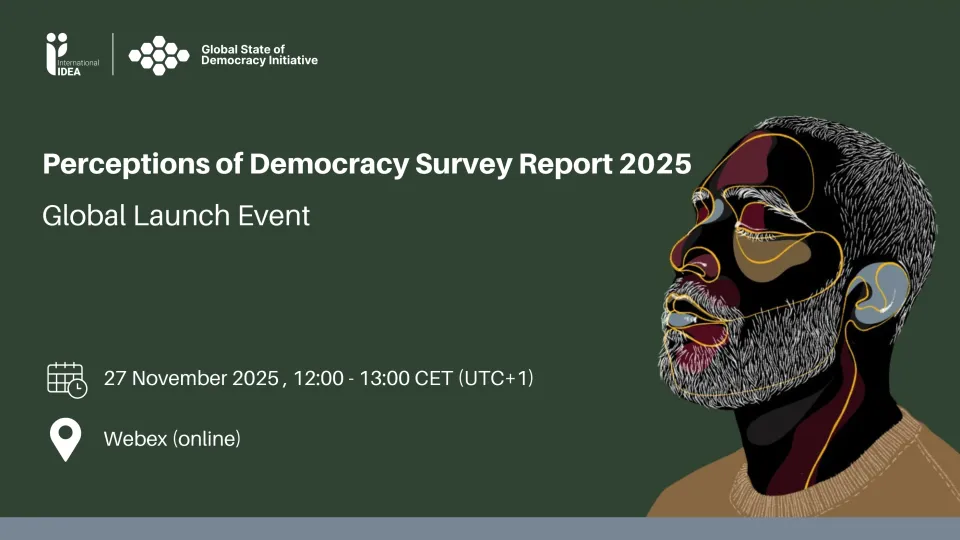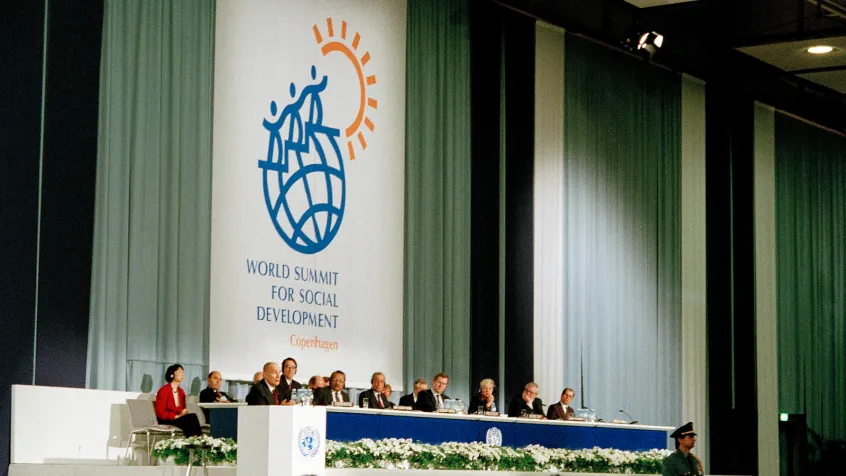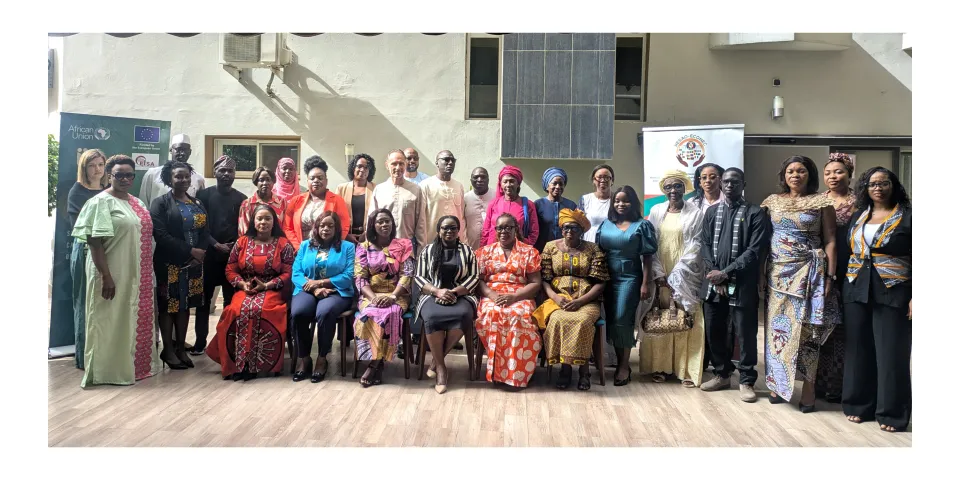Inclusion and the Global State of Democracy Indices
The key findings on inclusion in relation to gender and social group equality derived from the most recent update to the Global State of Democracy (GSoD) Indices data are as follows.
- Gender Equality, as measured in the GSoD Indices, has seen remarkable progress over the past 42 years, and every region has experienced some improvement.
- Latin America and the Caribbean, Africa and North America (in descending order) are the regions that have increased their Gender Equality scores by the most since 1975. The Middle East and Iran, and Asia and The Pacific, have shown the slowest rate of increase.
- At the country level, Spain, Ecuador, Costa Rica, Nepal and Rwanda are the countries that have seen the greatest improvements in their Gender Equality scores since 1975.
- Of the top 10 countries that have seen statistically significant improvements in Gender Equality in the past 10 years, 7 are in Africa (Algeria, Angola, Libya, Namibia, Sierra Leone, Somalia and Tanzania), 2 are in Asia and the Pacific (Myanmar and Nepal) and 1 is in Latin America and the Caribbean (Ecuador).
- Three of the 15 countries in the world with the highest number of declines in the indicators of their democratic performance in the past four years (Pakistan, Brazil and the United States) have also seen declines in their Gender Equality score.
- Social Group Equality trends show stagnation or slight declines since 1975 in all regions except for Latin America and the Caribbean, which has shown slight gains, but stagnation since 1995.
- Half of the countries that have seen growing social group inequality in access to political power and enjoyment of civil liberties have been recently affected by conflict (Mali, Syria and Yemen).
In November 2017 International IDEA launched the first edition of a new biennial report, The Global State of Democracy. The report provided evidence-based analysis and data on the global and regional state of democracy.
This GSoD In Focus showcases data on inclusion in relation to gender and social group equality derived from the GSoD Indices, which now covers a total of 158 countries for the period 1975–2017. More detailed analyses of regional findings will be included in the second edition of The Global State of Democracy, which will be published in November 2019.
Details
Staff author
Contents
Summary of findings
1. Introduction
2. Trends in Gender Equality
3. Trends in Social Group Equality
4. The GSoD Indices and indicators of inclusion
References
Give us feedback
Do you have a question or feedback about this publication? Leave us your feedback, and we’ll get back to you
Send feedbackInclusion and the Global State of Democracy Indices
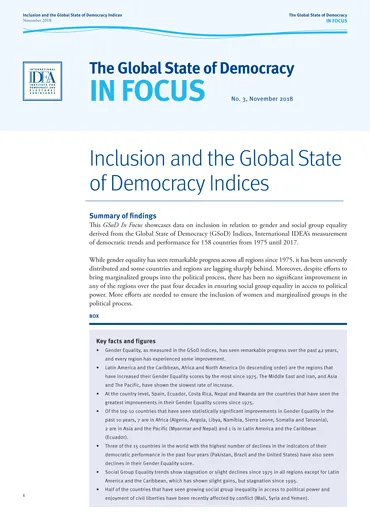
| Total views | 12746 |
|---|---|
| Downloads | 33 |
| Rating |
Staff author
Give us feedback
Do you have a question or feedback about this publication? Leave us your feedback, and we’ll get back to you
Send feedback
